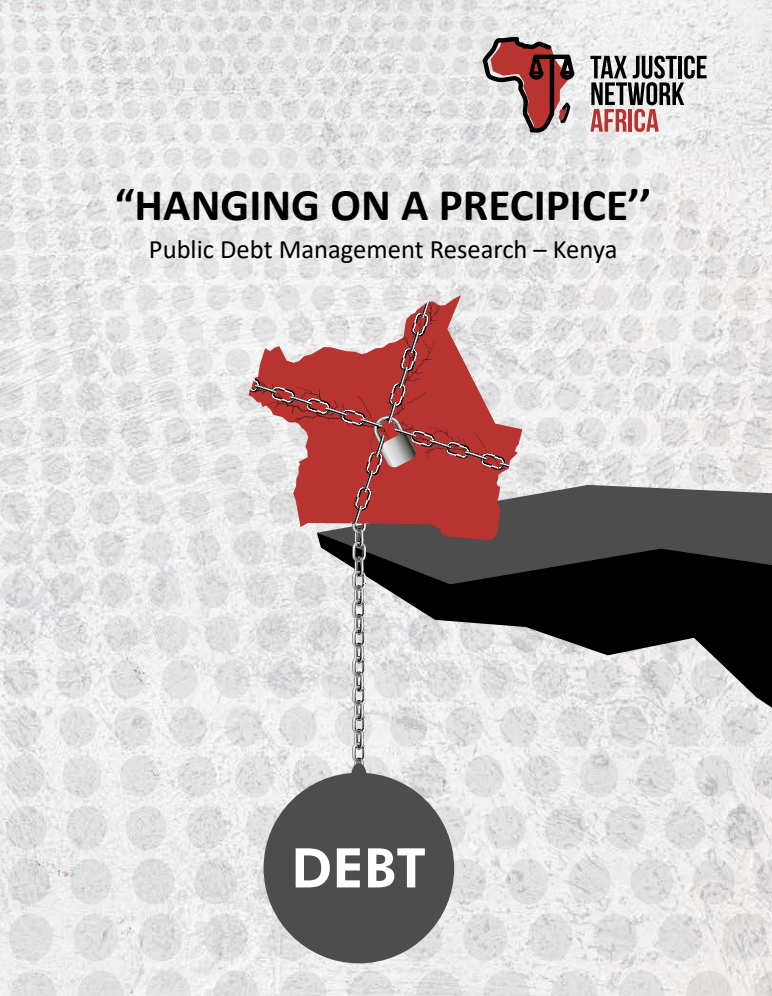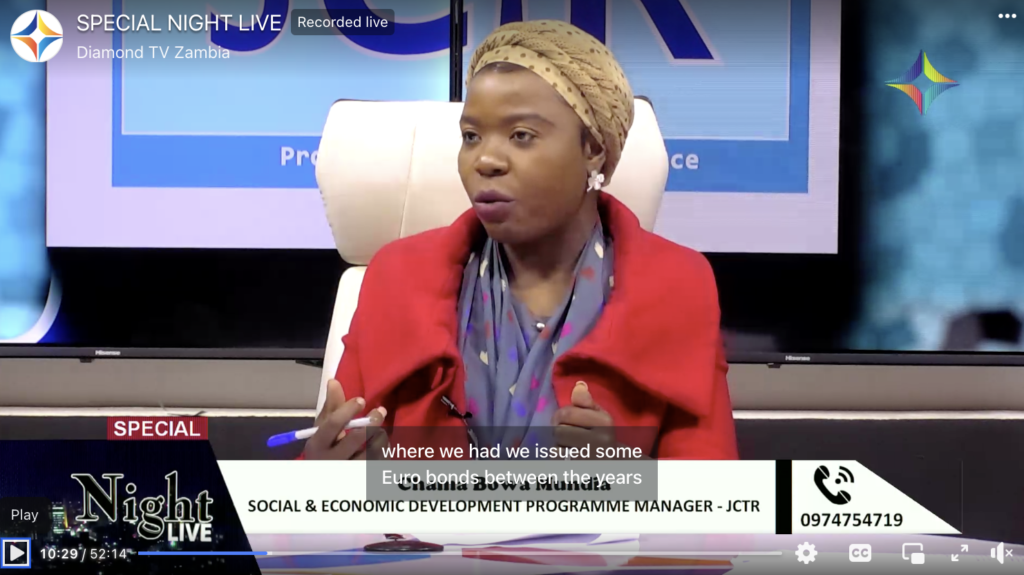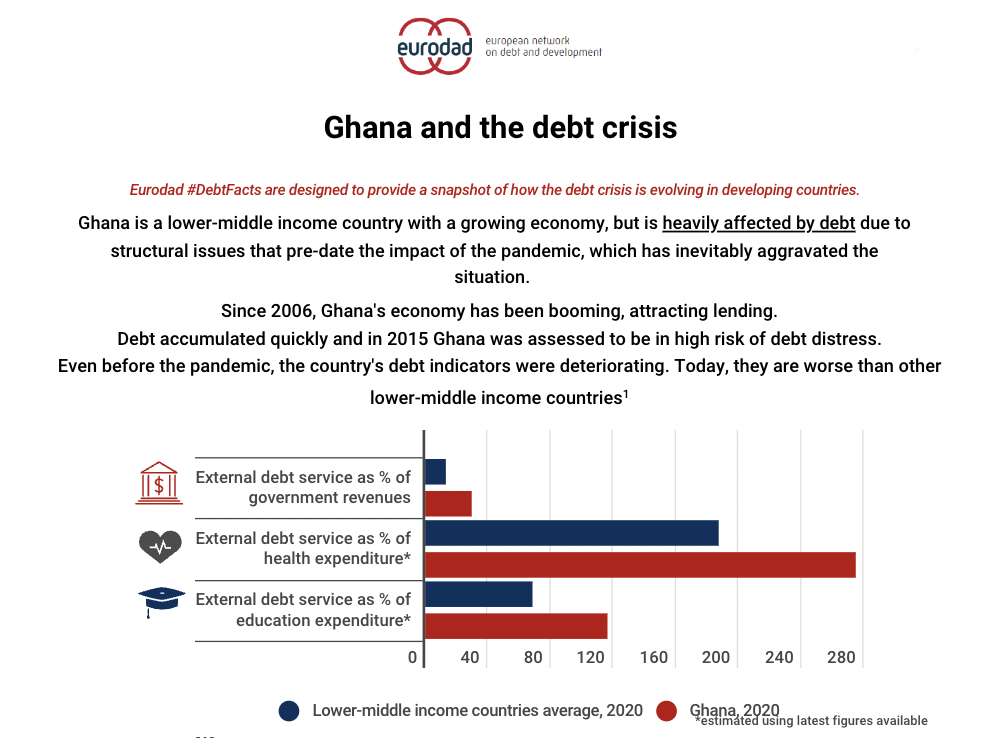
This study published by Tax Justice Network Africa sought to assess the implications of Kenya’s debt management on the advancement of human rights, and the 2030 Agenda. This necessitated the assessment of Kenya’s debt management frameworks, analysis of the implications of public debt on citizens, and assessment of the level of adoption of the 2030 Agenda in different facets of Kenya’s public finance space. The study was guided by research themes developed from the research questions.
The research themes included:
• Debt servicing and expenditure on sectors of the economy (including pro-poor sectors)
• Integration of human rights and the 2030 Agenda in Kenya’s planning and budgeting frameworks
• Kenya’s Debt data transparency
• Kenya’s Debt sustainability
• Kenya’s involvement in the multilateral agenda on debt



